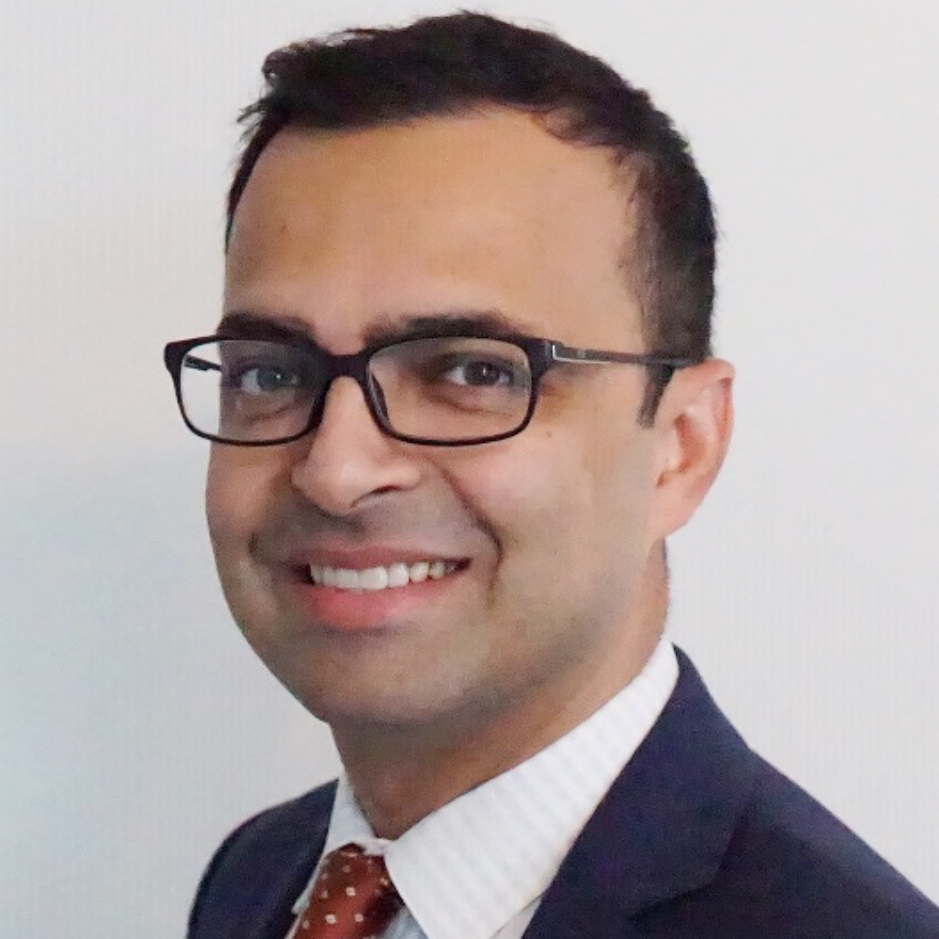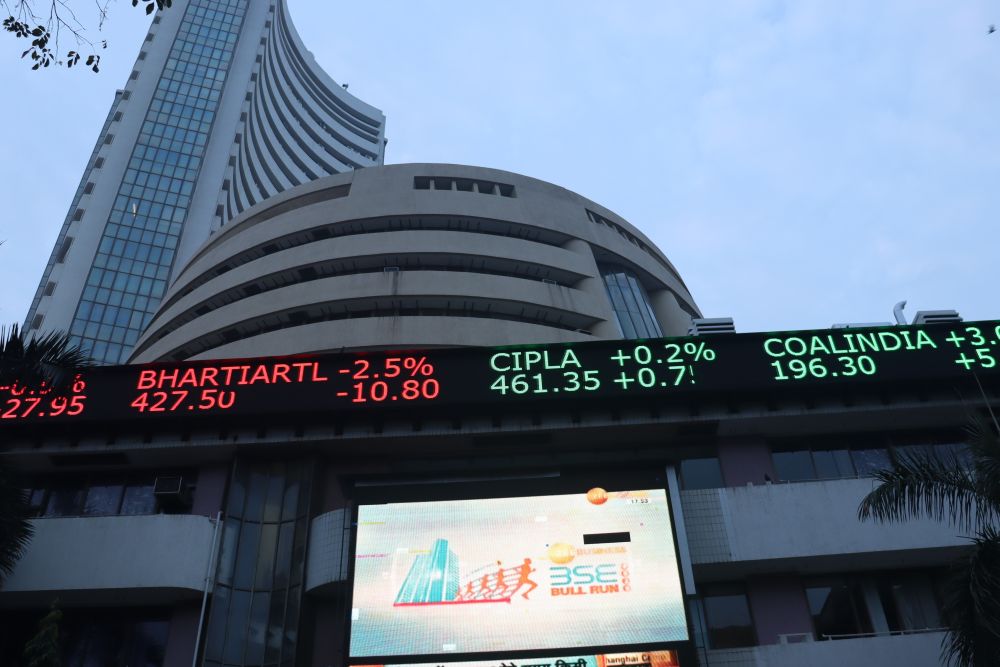There's growing belief in Southeast Asia's US$290 billion Islamic banking market, with its compound annual growth rate set to increase by 8%, primarily led by Malaysia and Indonesia, according to a recent report.
Southeast Asia is the world's third-largest Islamic banking market, forming 17% of the US$1.7 trillion in global Islamic banking assets, states the report by S&P Global Ratings.
In Malaysia, local Islamic banks could account for about 45% of the overall commercial banking loan book by the end of 2026, the report finds. And, in Indonesia, the sector's market share could improve to about 10% by the end of 2026.
In Brunei, Islamic financial institutions constitute about half of the total financial system assets, and growth should mirror that of the broader banking system. And, in the Philippines, while the sector is small, there is an untapped market and regulators are striving to increase transparency in a bid to encourage local and foreign investment.
This trajectory will face inevitable hurdles, the report notes. The region's recovery from Covid-19 has been uneven. Pandemic-related loan relief has distorted the true health of asset quality. Meanwhile, geopolitical shockwaves have pushed up energy and commodity prices, which could affect domestic demand.
"In the major markets of Malaysia and Indonesia, we believe Islamic banks will grow faster than conventional banks, riding on the robust demand," says Nikita Anand, credit analyst, S&P Global Ratings.
In both Malaysia and Indonesia, Islamic banks are making greater efforts at digital transformation to narrow the wide technology gap with conventional peers.
On the environmental, social, and governance (ESG) front, top-tier Malaysian Islamic banks will benefit from the issuance of international sustainability sukuks.
Rujun Duan, credit analyst, S&P Global Ratings, adds: "Such benchmark issuances will widen the investor base and facilitate broader awareness of Islamic finance and its intrinsic ESG connection in the international debt capital markets.”









